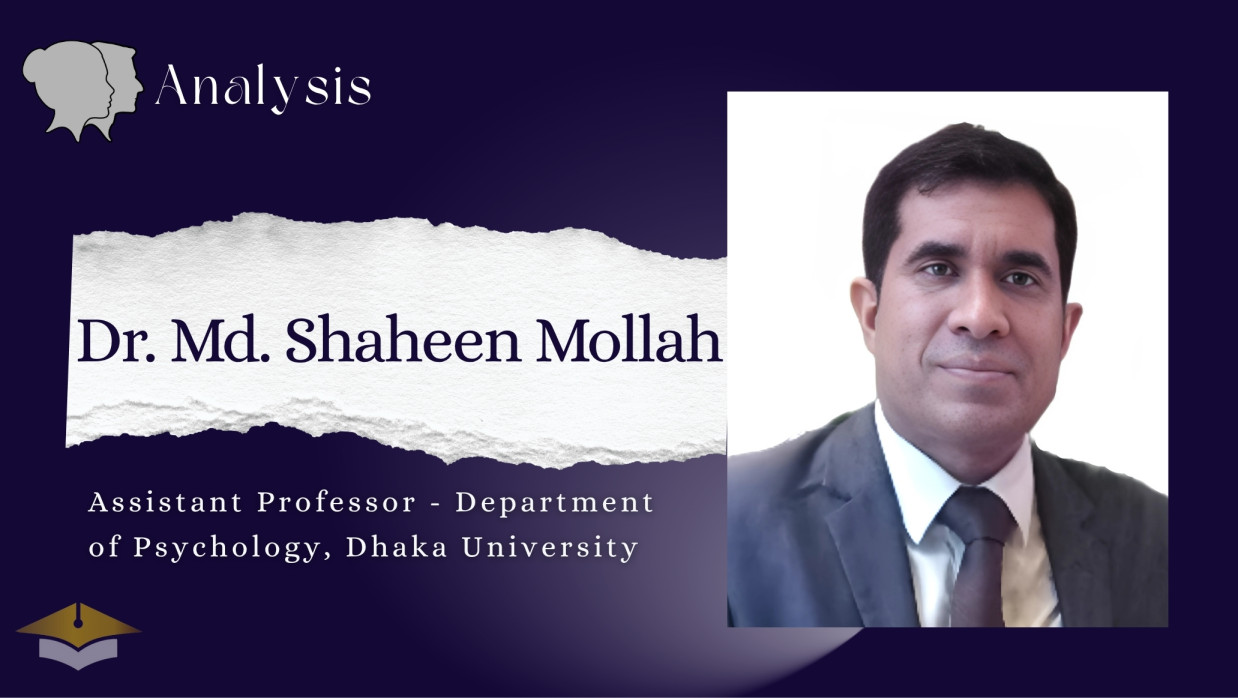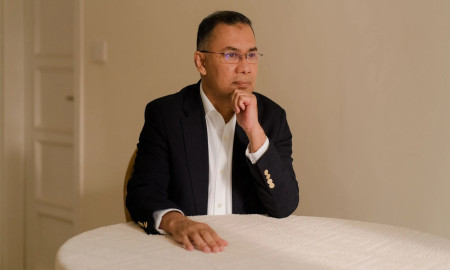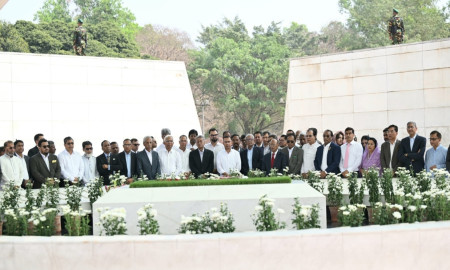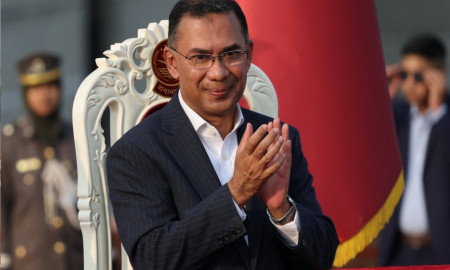Why People Doubt Government Reports After Major Disasters

When major crises like plane crashes, fires, building collapses, or train accidents occur, government reports on casualty figures or incident details often face skepticism from the public. This distrust stems not only from politics or media but from a complex interplay of deep-seated psychological and social factors. Here’s an exploration of why this happens:
Social and Political Reasons
Lack of Trust: Many people already lack faith in the government, especially if there is a history of concealing truth or distorting information.
Inconsistent Information: Initial reports might state three deaths, later revised to 15, prompting questions about whether the full truth is being disclosed.
Social Media Rumors: Fake videos, misleading posts, and unverified claims on social media fuel doubt and suspicion.
Lack of Transparency: Without credible sources, photographic evidence, or independent investigations, government information is often perceived as manipulated or concealed.
Belief in Underreporting: Many believe the government understates figures to prevent public panic or protect its international reputation.
Psychological Factors
Confirmation Bias: Individuals who believe the government never tells the truth will dismiss any official statement as false, reinforcing their preconceived notions.
Cognitive Dissonance: Accepting a low casualty figure, such as “so few people died,” can feel implausible, leading people to reject official data for mental comfort.
Need for Control: Disasters make people feel helpless. Blaming the government or rejecting its information restores a sense of mental control.
Distrust from Learned Helplessness: Repeated experiences of deception make people reluctant to trust future official statements.
Projection: People project their fears, uncertainties, or dissatisfaction onto the government, assuming it is the source of their unease.
Echo Chamber and Groupthink: When a community collectively claims “the government is lying,” individuals conform to this narrative, fostering distrust without independent scrutiny.
What Can Be Done?
To address this, individuals should verify information from reliable sources, avoid rumors and unverified claims, and act with empathy and responsibility. Expressing respect and compassion for victims is crucial. People should learn to analyze information critically, neither blindly trusting nor dismissing it outright.
Final Thoughts
Not all truth is visible, and constant suspicion of information risks eroding empathy and humanity. Balancing scrutiny with sensitivity is essential. Understand the truth, remain compassionate, and act responsibly.
Author: Dr. Md. Shaheen Mollah, Assistant Professor - Department of Psychology, Dhaka University








